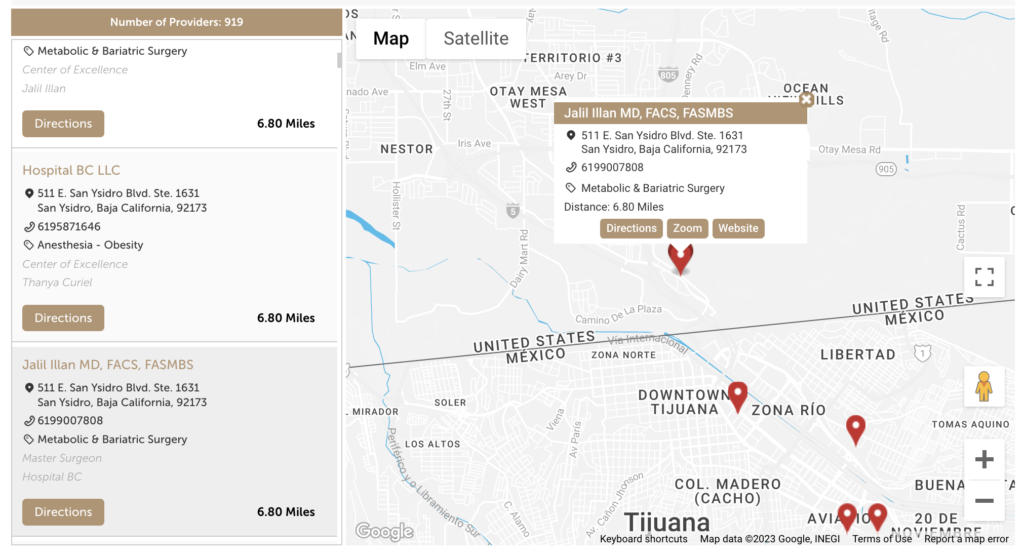You are not alone if you are considering bariatric surgery after pregnancy. Many women find themselves struggling with their weight after giving birth. Pregnancy can be difficult for your body, and the added stress of losing the baby’s weight can be overwhelming. If you have tried to lose weight on your own but have been unsuccessful, bariatric surgery may be the right choice.
Your reproductive system and weight loss are closely connected, and many women find that their hormones may be out of balance after giving birth. Hormonal imbalance can make it even harder to lose the baby’s weight and keep it off. Bariatric surgery can help by providing a long-term solution for weight loss.
Read more: Weight Loss Surgery and Reproductive Health
We will discuss the different types of bariatric surgery available and what you can expect after surgery.
Types of Bariatric Surgeries Post-Pregnancy
After you deliver your baby, you may consider getting bariatric surgery to help you reach your goal weight. Several bariatric surgeries are available after pregnancy, depending on your individual needs and goals.
Gastric Bypass: Gastric bypass is one of the most popular forms of bariatric surgery and involves creating a small stomach pouch by dividing part of the stomach. The pouch is then connected directly to the small intestine, bypassing part of the digestive system and significantly reducing food intake.
Gastric Band: This form of bariatric surgery uses an adjustable band to reduce the size of your stomach, making it harder for you to eat large meals. The band can be adjusted over time to achieve your desired weight loss.
Sleeve Gastrectomy: This form of bariatric surgery involves removing part of the stomach, leaving a narrow tube-shaped section about the size of a banana. The remaining stomach is then connected directly to the small intestine, similar to gastric bypass surgery.
Duodenal Switch: This bariatric surgery is considered the most aggressive and involves removing a large section of the stomach and rerouting part of the intestines. The remaining stomach is then connected to the small intestine, reducing food intake.
Factors That Affect the Waiting Time
When considering bariatric surgery after pregnancy, you need to factor in the wait time needed between childbirth and the procedure. Recovery is a crucial factor when determining how soon you can have surgery. Your doctor will help you decide on a specific waiting period based on your physical condition, any other medical conditions that may be present, and overall health.
Another important consideration when determining your waiting period is the type of bariatric procedure you plan to undergo. For example, gastric bypass surgery requires a more extended adjustment period before and after the operation than gastric sleeve surgery, which has fewer post-operative dietary restrictions. Additionally, women who have had a cesarean section or another major surgery are generally advised to wait longer before undergoing bariatric surgery.
Finally, your underlying health may also influence how soon you can have bariatric surgery after pregnancy. Women who are obese before pregnancy could be at risk for developing conditions like gestational diabetes, hypertension, or preeclampsia during pregnancy, making them a higher surgical risk and delaying their eligibility for bariatric surgery. Contact Dr. Jalil Illan for the best weight loss surgery in Mexico. Our doctors are proud to offer a range of bariatric surgery options to help you achieve and maintain your weight-loss goals.







